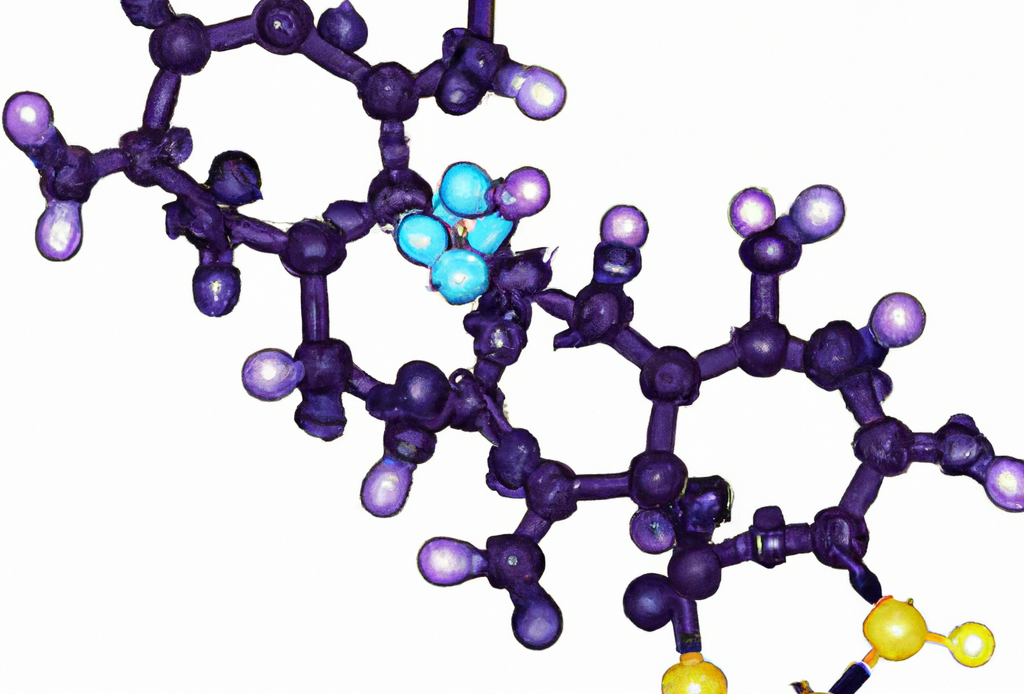
Glutathione supplementation (GlyNAC) from glycine and N-Acetyl Cysteine (NAC), is it safe and effective? What are the risks?
Purpose
Glutathione (GSH) is a natural antioxidant in cells which protects against oxidative stress and toxic metals.
GlyNAC provides the precursor amino acids glycine and cysteine (from N-acetylcysteine) for GSH synthesis. Glycine, cysteine, and GSH make independent and important contributions toward cellular health and organ function. The combined action of glycine, NAC, and GSH neutralizes harmful oxidative stress, supports mitochondrial function, and provides detoxification.
Why Supplement?
The levels of glutathione in your body decrease as you age, limiting your ability to detoxify many hazardous compounds. Lead researcher, Rajagopal Sekhar believes that improving the health of malfunctioning mitochondria in aging is the key to healthy aging. “Energy supports life and mitochondria provide energy. Mitochondrial health is vitally important to our well-being, and maintaining mitochondrial health as we age should be a high priority in our efforts to improve overall health,” said Sekhar.
GlyNAC supplementation in mice significantly increases their life span by 24%.
GlyNAC vs NAC-alone or GSH-alone
Although NAC and GSH have antioxidant properties, the effect of their supplementation on age-associated defects appears limited. Baylor Medicine compared the effects of NAC-alone versus GlyNAC on cardiovascular function in old mice and found that only GlyNAC improved cardiac function and inflammation. This was not achieved by NAC-alone. Human clinical trials supplementing NAC-alone did not find any improvements in red blood cell (RBC) GSH concentrations, oxidative stress or inflammation. A trial supplementing NAC-alone in diabetic patients failed to improve RBC-GSH fractional-synthesis rates or GSH concentrations. Because NAC can only provide cysteine, its ability to support GSH synthesis is limited by glycine availability. Potentially, NAC supplementation, by sequestering glycine into GSH could further decrease glycine availability for critical pathways discussed earlier. Similarly, supplementing GSH-alone in a human clinical trial failed to improve oxidative stress or genomic damage. Furthermore, excess administration of NAC-alone and GSH-alone result in accelerated aging in C elegans.
Positive Impact
For older adults (60+), GlyNac appears to provide benefits to:
- glutathione deficiency
- oxidative stress
- inflammation
- insulin resistance
- mitochondrial and endothelial dysfunction
- multiple aging hallmarks
- physical function
- waist circumference
- systolic blood pressure
NAC alone loosens mucus and helps with symptoms of flu, bronchitis and COPD.
GlyNac Dosage
NAC is an FDA approved prescription drug provided in daily doses of 600 to 1200mg.
The amino acid, glycine, is found in fish, meat, dairy and legumes. A typical diet is 2g daily.
Clinical trials of GlyNac used a high daily dose of GlyNac (20g NAC, 15g glycine).
Two clinical trials tested GlyNAC for 24-weeks and 16-weeks. Discontinuation of GlyNAC for 12-weeks led to loss/decrease of benefits. GlyNAC supplementation needs to be maintained for the preservation of benefits.
GlyNac Vendors
Nature’s Fusions Nutri brand GlyNac supplements (1050mg glycine, 100mg NAC) are available on Amazon and appear credible as they use an FDA registered manufacturing facility and a 3rd party lab to for quality control. They also include selenium (50mg) and molybdenum (100mg) in their supplement.
Healthspan Labs provides a GlyNac offering in 1000mg glycine, 600mg NAC serving sizes. They appear to be a one-person company out of Arizona.
MyOxscience provides a GlyNac supplement, but it also contains 500mg of the stimulant Taurine!
If you want to try to create your own GlyNac…
In 2020, the FDA declared NAC a drug and for legal reasons, many companies stopped selling it as a dietary supplement. ConsumerLabs evaluated many NAC providers and all provided sufficient levels of NAC in their supplements. However, there is significant variance in cost.
NutraBio NAC powder is the least expensive option.
Doctor’s Best is the least expensive capsule option. It also contains detoxifiers, selenium and molybdenum.
PharmaNac pink berry blast includes 200mg of sodium with each effervescent tablet and is one of the most expensive options.
ConsumerLabs has not evaluated Glycine supplement providers.
ConsumerLabs evaluated pure glutathione supplements and found those from EcoTaste, Emily Bright, Amazing Nutrition and Northern Crown failed to meet promised levels of glutathione or California Prop-65 law.
GlyNAC Clinical Trials
In 2021, a small 36 week study from the Baylor College of Medicine on 8 young adults and 8 older adults reported that a very high dose of daily GlyNac (20g NAC, 15g glycine) seemed to improve many age-related deficiencies, including:
- glutathione deficiency
- oxidative stress
- inflammation
- insulin resistance
- mitochondrial and endothelial dysfunction
- cognitive function
The study was funded by a philanthropic gift from the McNair Foundation. There are no reported conflicts of interest. Due to the small trial size and lack of a placebo group, this study did not prove that GlyNAC worked.
In 2022, further results from a 16 week randomized, double blind Baylor clinical trial (NCT01870193), found that the high daily dose of GlyNac improved a wide range of age-associated abnormalities in 61-80 year old adults. Statistically significant improvements were observed in:
- glutathione deficiency — GSH concentrations improved by 121% after 2-weeks, and by 164% after 16-weeks
- oxidative stress
- inflammation
- insulin resistance
- mitochondrial and endothelial dysfunction
- multiple aging hallmarks
- physical function
- waist circumference
- systolic blood pressure
As expected, the young adult (21-40 age range) and placebo arms did not register similar improvements.
Side Effects
No adverse events occurred during the Baylor studies.
Oral NAC can cause dry mouth, nausea, vomiting and diarrhea. It has an unpleasant odor.
NAC may cause bronchospasms in those with asthma. Do not use it if you are asthmatic or allergic to acetyl cysteine.
Glycine side effects are rare, but can include nausea, vomiting, upset stomach and drowsiness.
Drug Interactions
NAC lowers blood pressure and should not be taken with blood clotting or high blood pressure medications.
NAC increases the effect of nitroglycerin. Do not take them together.
WebMD provides a list of potential drug interactions.
Data Sources
BGR (Boy Genius Report)
Dall-E (digitally generated GlyNac art)
